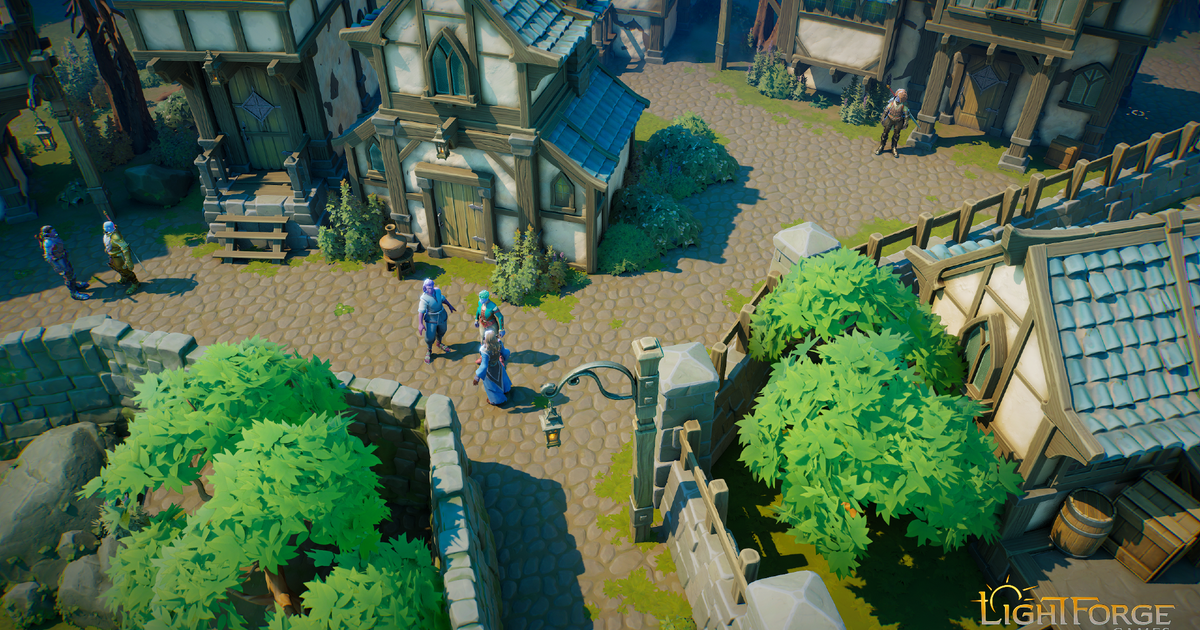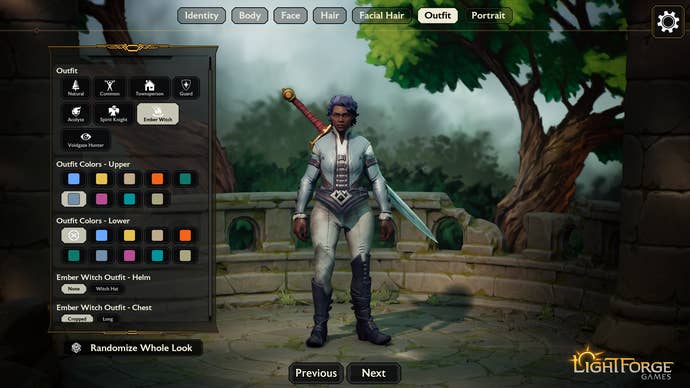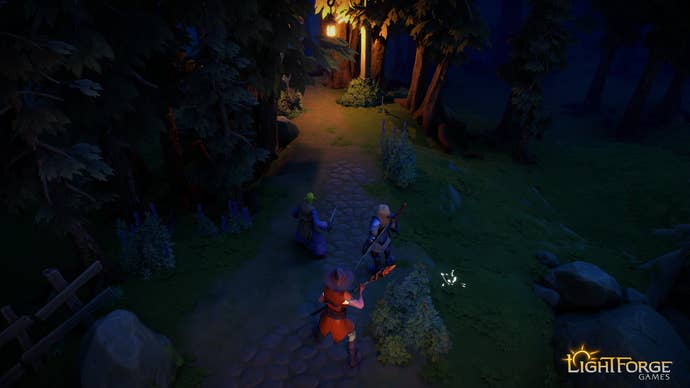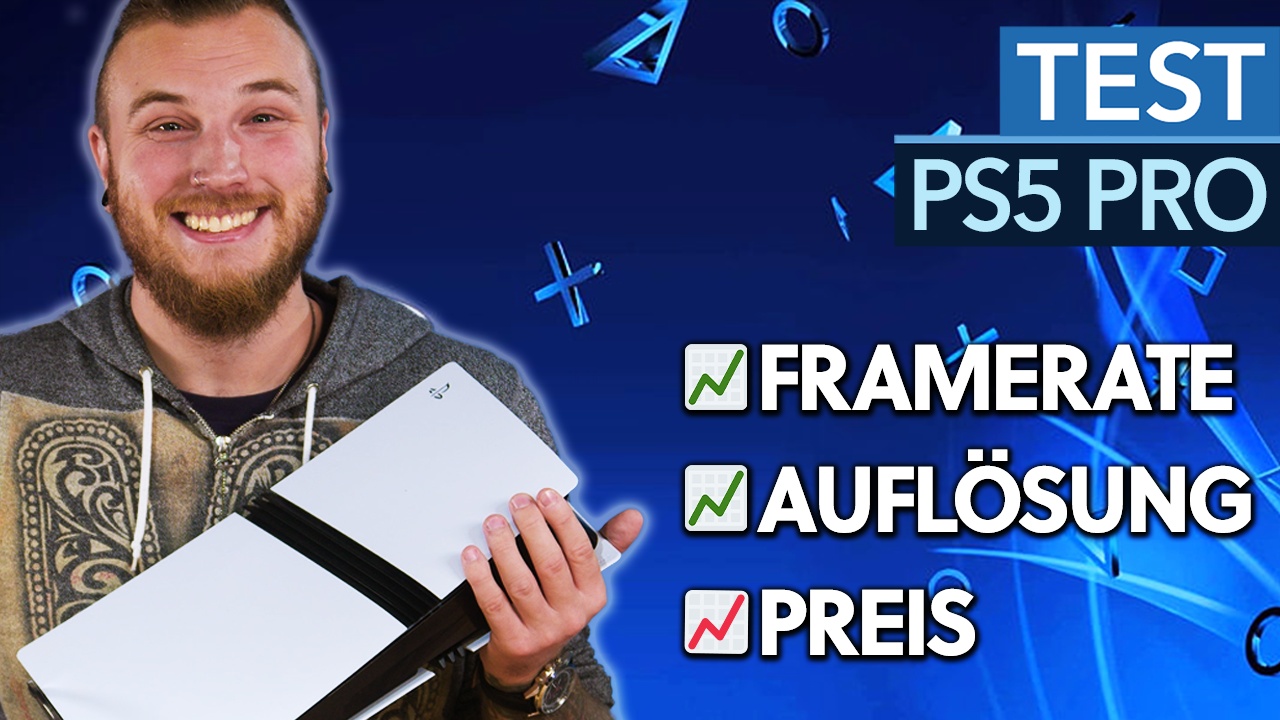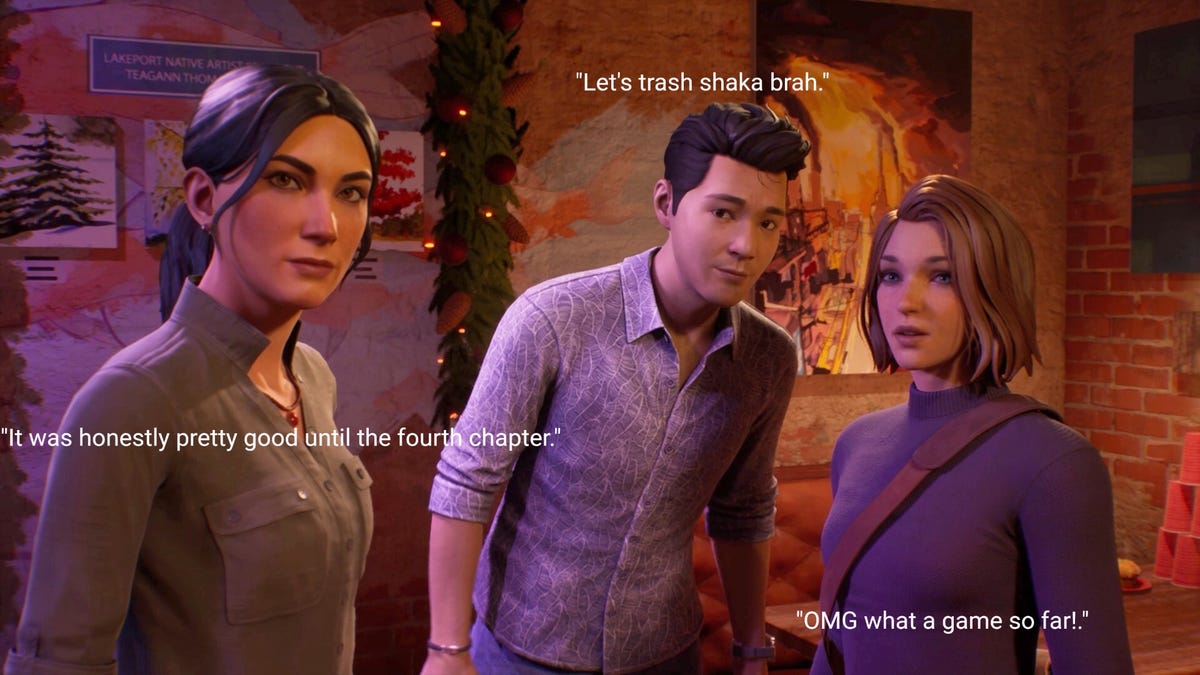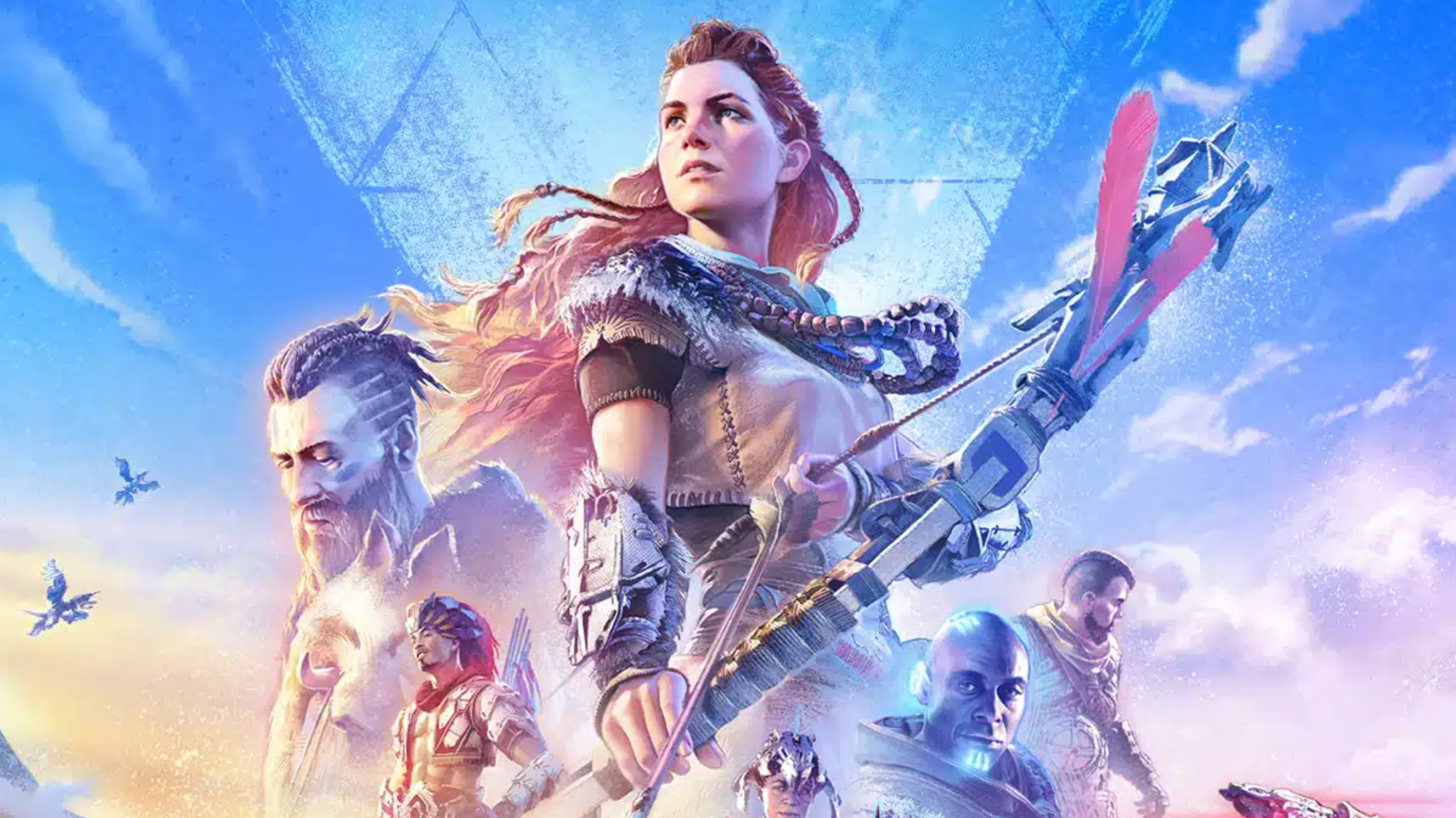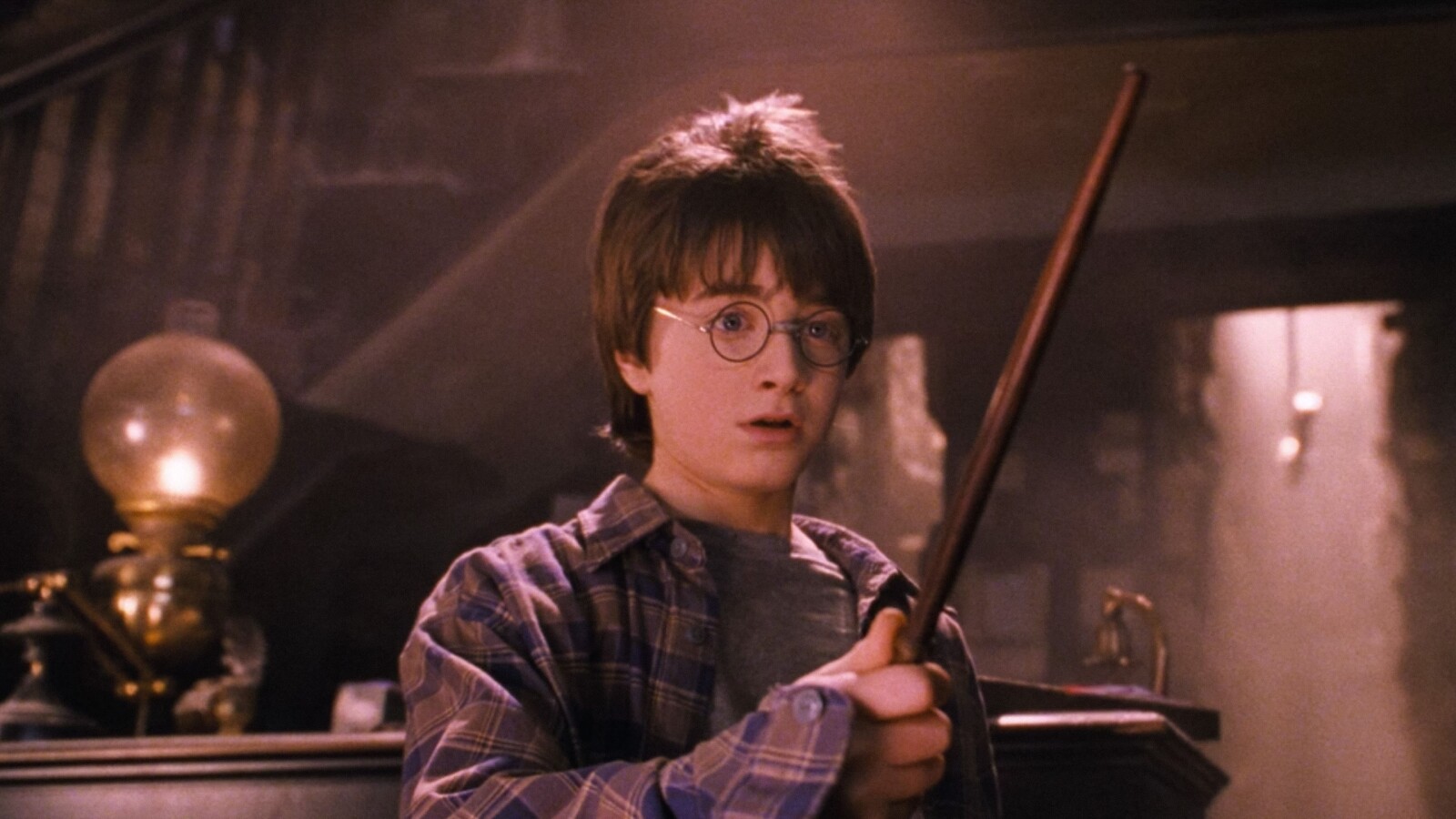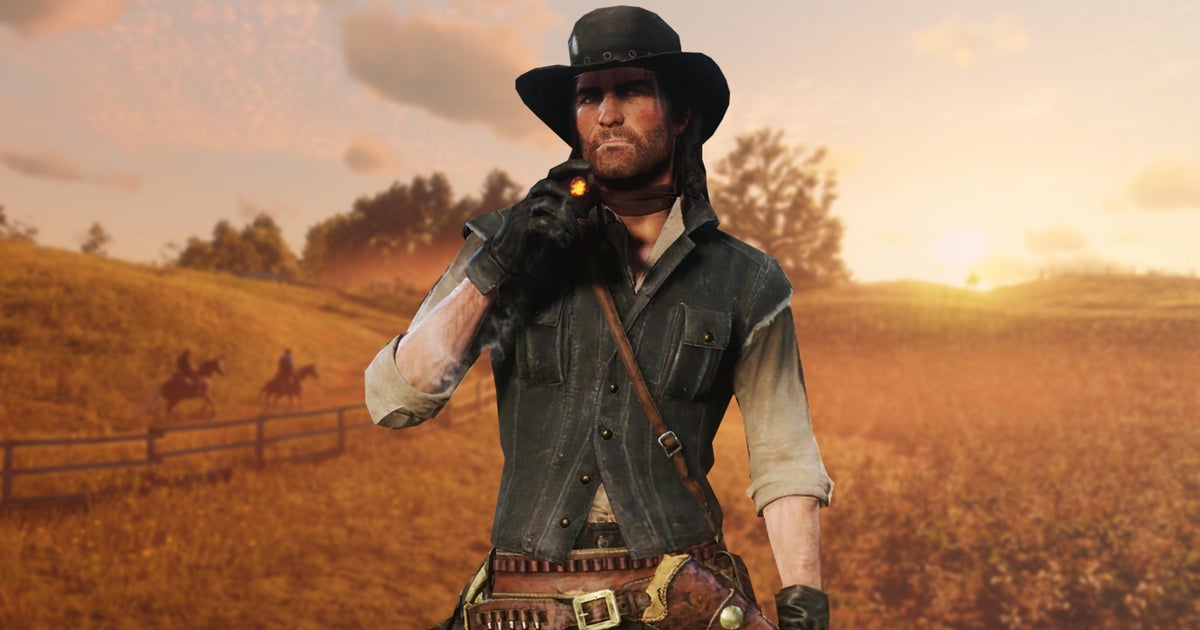Have you ever tried organizing your own tabletop role-playing game? This can be troublesome. Learning the rules, figuring out the story, getting everyone together for a long game… there are many obstacles in front of the would-be adventurer. To help break down these barriers and unlock some of the game’s more valuable moments, Lightforge Games is creating Project ORCS, which it hopes will bridge the gap between face-to-face DnD sessions and video games in a novel way.
The studio even describes its new game as a new sub-genre, a collaborative role-playing game where people can take on the role of a hero as well as a game master in Dungeons & Dragons or Pathfinder The journey is as carefully planned as in the “The Hunter” campaign. . Lightforge Games CEO Matt Schembari calls it a “collaborative storytelling RPG” (CSRPG), and the team behind it, made up of former Blizzard, Epic Games, and New Blood developers, clearly have their sights on lofty goals. But does this game really succeed in offering something fresh and new? I can play a piece on my own and be convinced of its merits.
iGamesNews
I played the game for 90 minutes in a group of four, with two other people and I completing a generated mission under Schembari’s guidance. The first is character creation – not only can you design your character’s aesthetic, but you can also assign classes and various background perks. I chose a Spirit Knight – a cross between a typical warrior and a necromancer, able to summon ghostly minions around me. But I can also choose a background for my character, which not only provides statistics that will come in handy later, but also helps me determine who my character is. It has the tone of a character creation sheet in a tabletop role-playing game, which is definitely a good sign considering the game’s mission statement.
We arrive at our town and learn that every aspect of it can be upgraded by going out and completing tasks. We’ll be able to buy basic supplies on the road, but after some porting our options for equipping characters will expand. So, getting into the very video game parts of Project ORCS, just like people upgrading their slave quarters on Palworld to force animals to make guns for them, Project ORCS players can become More powerful.
This application of vertical progression to a seemingly loose RPG experience can be a real plus. For those who aren’t sure how to start their own homemade business, how to scale it up in a beneficial way can be a real dilemma. The slow upgrading of towns and the player power that comes with them seems to automatically solve this problem.
The main loop of the ORCS program is clear and enjoyable! Venture out on a m ission, come back and upgrade your settlement, and repeat. While the game sets the stage for the session, it’s the player-controlled tour guide’s job to guide us through the entire journey. They control the NPCs we encounter and provide voices to the adventurers and help discuss options, just like a game master would in any tabletop role-playing game. It’s impossible to separate this aspect of the ORCS project from the desktop experience because, well, it’s a ported desktop experience.
The game has a lot of immediate merits. I like the simplified and original skill system, which is a scaled-down and more accessible version of the traditional skill checks found in tabletop role-playing games. It has some clever creature design and environment customization systems that make it easy for guides and adventurers alike to tweak and build quest areas. But the make-or-break question is – can Project ORCS capture the feel of a tabletop game, and how does it compare to its obvious competition?
Because, while I do believe that the idea of bridging the gap between video games and pure TRPG experiences is great, you have to convince people to jump into Project ORCS rather than a dedicated tabletop adaptation. I’m happy to say that the collaborative fun and fluidity you get from tabletop games is there – our rescue mission somehow resolved and one of our team eloped with an Ewok-esque creature and left the group – the spirit was there over there! Assuming the studio polishes the game and adds enough content for people to play, Project ORCS does have its place in the RPG ecosystem.
I’m just worried about how big that place is. Lightforge Games had to convince groups eager to play cooperative role-playing games that the game was worth sticking around for. As a video game, it provides structure and accessibility, but it also presents inevitable obstacles. The game has no choice but to compete with the unlimited freedom that comes with sitting at a table or having a Discord call with other people. It is limited by assets that require hours of work to create, and struggles with one’s endless imagination.
The game itself is solid. Taken on its own merits, it’s a lovely hybrid and well worth watching. But the pessimist in me worries whether this bridge between tabletop RPGs and video game RPGs will become less of a path and more of a stepping stone. Once they get used to Project ORCS and the guided RPG experience it offers, what will keep people here for weeks, months, and even years to come?
Lightforge Games is an ambitious new studio with 35 employees, according to its website. I wonder how this game will eventually turn a profit. If it were an indie game, say around £30, I’d say that’s a fair price! But given its intent as an alternative, it will face the challenge of people clicking on tabletop emulators and downloading PDFs of other, more well-known role-playing games like DnD, Pathfinder, and Lancer from the internet.
Only time will tell how big of a splash this cool spin on the RPG format will become. But as far as first impressions go, I feel good about the pre-alpha version of the game and its developers’ intentions. It would be much easier to make a CRPG, and the confidence to try to mix it up and go in different directions should be commended.

